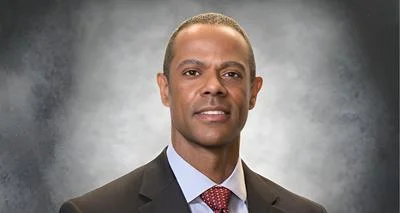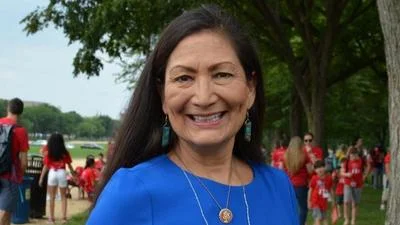Shelley Repp, Executive Director of the New Mexico Dream Center, addressed the issue of familial trafficking in New Mexico during an appearance on the New Mexico Sun's "Suncast" podcast on YouTube. Repp highlighted that this form of trafficking manifests as both generational exploitation and substance-use-driven desperation within the state.
"two kind of specific branches around familial trafficking," said Repp. "where maybe grandfathers traffic their own children and now are trafficking their grandchildren. in New Mexico is where a family has really fallen into...desperation. it generally does have to do with substance use."
According to the U.S. State Department, familial trafficking presents unique complexities. When exploitation is perpetrated by a parent or relative, survivors often face deep trauma, attachment harm, and safety challenges that necessitate tailored services and careful case coordination. While awareness has increased, research remains limited, underscoring the importance of education and survivor-centered responses for communities confronting this form of trafficking.
The New Mexico Dream Center reported that in 2021, law enforcement identified 36 new human trafficking survivors in New Mexico. Local service providers identified an additional 273 cases, indicating that confirmed instances extend beyond police detections. As a member of the state's Human Trafficking Task Force, the organization notes these totals likely undercount the problem due to underreporting and identification challenges.
A national study covering 3,505 domestic minor sex-trafficking cases from 2018 to 2021 identified 917 confirmed familial cases across 24 states. Researchers describe recurring patterns involving caregiver involvement and economic stressors and emphasize multidisciplinary responses to address safety, housing, mental health, and substance-use issues often present in familial exploitation contexts.
The New Mexico Dream Center confirms that Shelley Repp serves as Executive Director and has played a key role in consolidating anti-trafficking efforts under one organization since 2018. The nonprofit collaborates with partners across the state, including the New Mexico Department of Justice task force, to provide survivor aftercare, youth services, and community education—explaining Repp’s focus on recognizing familial patterns and responding with trauma-informed care.









